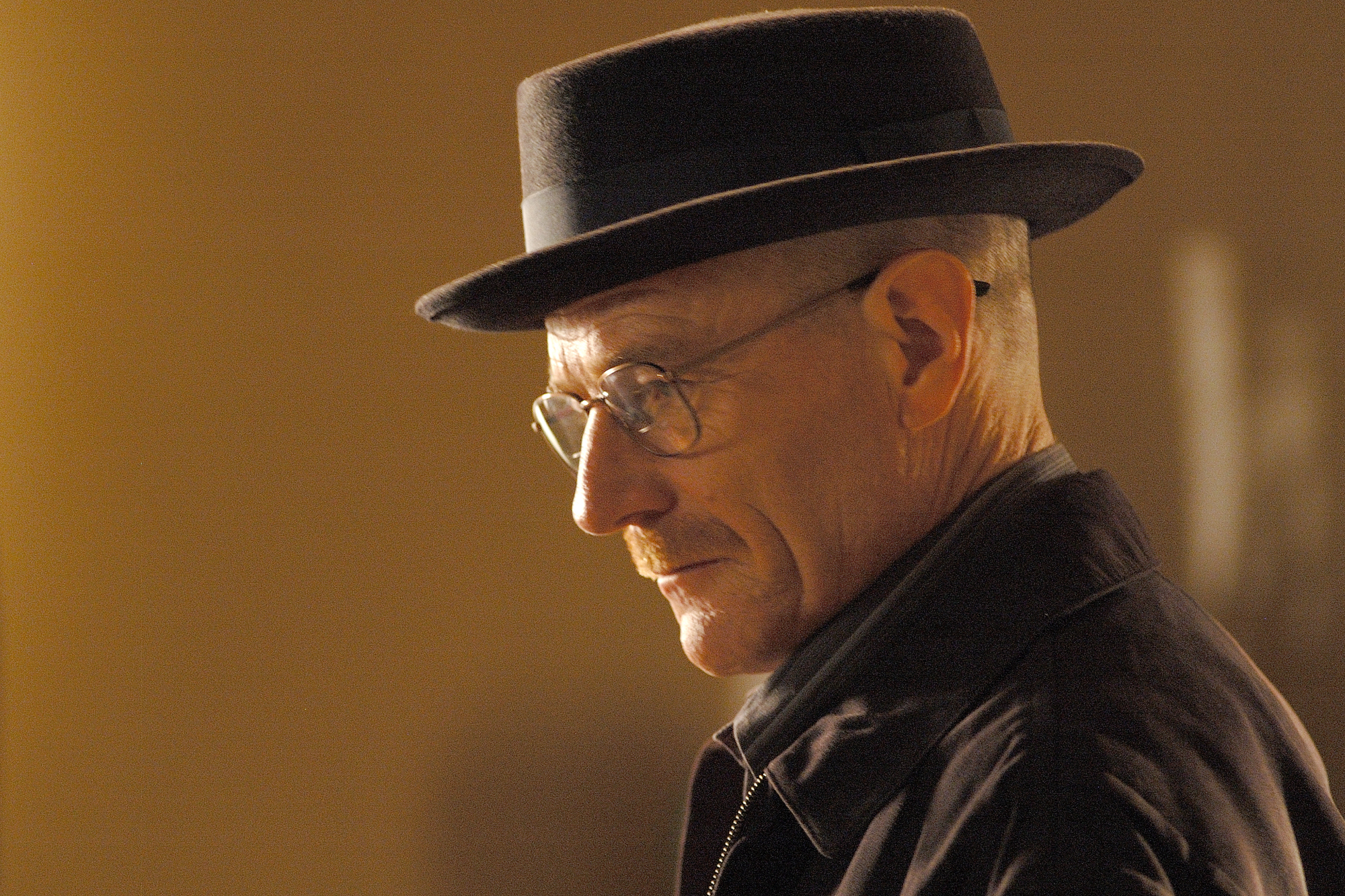‘Breaking Bad’: Walter White Could Have Become Heisenberg Much Earlier — Here’s Why He Didn’t
AMC’s Breaking Bad ensnared fans from its very first episode, and the series only became more compelling as Walter White (Bryan Cranston) began pushing his moral compass further and further. By the end of the show, Cranston’s character is barely recognizable as the chemistry teacher from the beginning. Of course, that’s why he adopts his Heisenberg persona.
As it turns out, Walter could have become Heisenberg much earlier in the series. Breaking Bad Season 1 almost looked a lot different. However, the first outing was cut short, a development that turned it into the show fans know and love today.
Walter White slowly descends into his Heisenberg persona

By the end of Breaking Bad, Walter White is a dangerous criminal most characters don’t want to cross. However, it takes him a while to get to that point. Although he uses the name Heisenberg as early as season 1, Walter doesn’t fully embrace that persona until later in the show.
Instead, Breaking Bad has its main character slowly descend, becoming more of a villain with every decision he makes. Funnily enough, that wasn’t always the plan. Series creator Vince Gillian intended for Walt to reach his turning point much faster. However, external circumstances prevented that from happening.
‘Breaking Bad’ Season 1 was cut short
When Breaking Bad first premiered, Gilligan wasn’t sure how viewers would react to the AMC series. That’s why he wanted Walter’s development to happen more quickly — and to get to the action earlier.
During an interview with Creative Screenwriting (via Mental Floss), Gilligan recalled the writer’s strike that took place when Breaking Bad Season 1 was filming. That wound up cutting the season short, taking it from eight episodes to six. And although Gilligan wishes it hadn’t needed to happen, he views the whole thing as “a silver lining.”
Gilligan told Creative Screenwriting that they originally wanted to make a bigger impact with Breaking Bad‘s first outing. To do that, they planned on having Walter lose his grip earlier:
“Not knowing how the public would take to it, you tend to want to be a little more sensational. You want to really keep the show exciting and interesting and keep ’em watching. All of that to say that those last two episodes, because of that, would have been really big episodes, and would have taken the characters into a hugely different realm than that they were already in, and it would have been a hard thing to come back from, coming into season two.”
With more time to think about the path forward, Gilligan eventually decided to scrap the season 1 ending and take the series somewhere else entirely. That’s how they wound up with Walt’s steady transition into Heisenberg. And it’s not the only thing about Breaking Bad the writer’s strike changed for the better.
Walter White’s arc wasn’t the only thing affected by the writer’s strike
Walter White’s character arc wasn’t the only thing impacted by the writer’s strike cutting Breaking Bad Season 1 short. In fact, Gilligan also had other plans for Jesse Pinkman (Aaron Paul) when the series began.
Before Paul’s character became a fan favorite, the Breaking Bad writers actually intended to kill him off. In hindsight, it’s hard to imagine the AMC series without Jesse at Walter’s side. However, Gilligan wasn’t initially sure what to do with Jesse.
“It became pretty clear early on that that would be a huge, colossal mistake to kill off Jesse,” Gilligan said at a Paleyfest 2010 panel. “But the idea was … I didn’t know how important Jesse was [going to be].”
Clearly, Jesse wound up being a fundamental part of the show. Still, it’s interesting to hear about what Breaking Bad could have looked like under different circumstances. Given the series’ success, things probably worked out for the best — a sentiment Gilligan seems to share.


